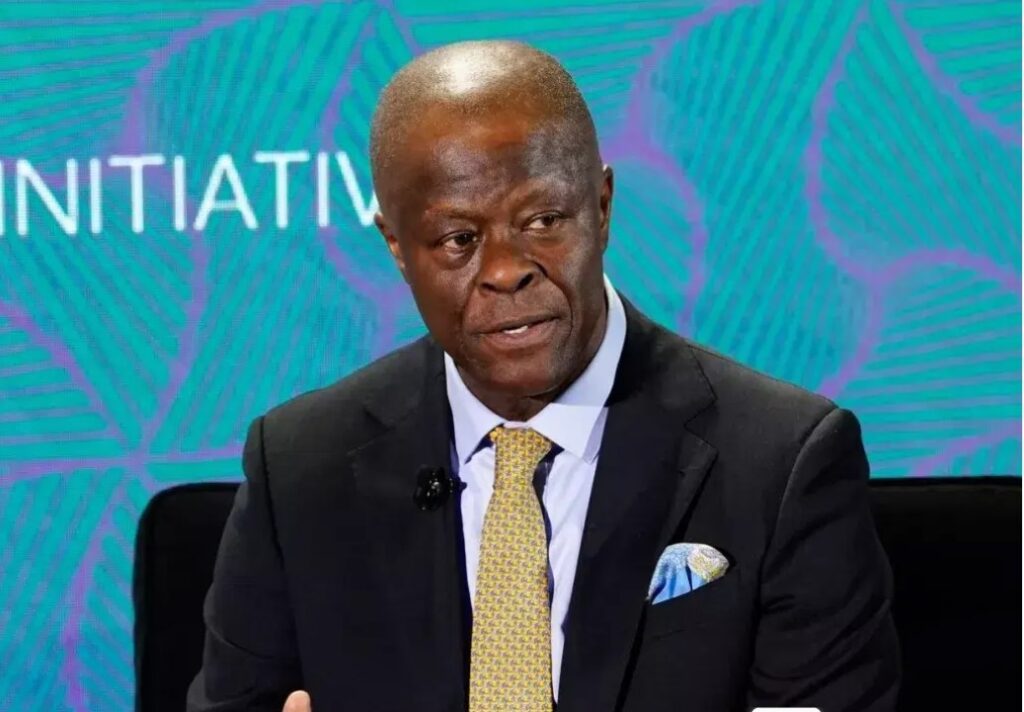On June 26,2025 President Bola Tinubu signed the four Tax Reform Bills into law.The laws are The Nigeria Tax Act, the Nigeria Tax Administration Act, the Nigeria Revenue Service Act and the Joint Revenue Board Act.
The Acts comprehensively overhauled the Nigerian tax ecosystem to drive economic growth,improve revenue generation, improve the business environment and most importantly, deepen effective tax administration across all tiers of government.
Despite this new law streaming lining tax administration in the country and removing multiple taxes that had crippled many small businesses, the inclusion of the 5 percent tax on fossil products, seem to be threatening,what was perceived to be an otherwise lofty objective.
The Federal Government said it plans to generate about N796bn annually, just from petrol from the 5 percent tax, exclusive of that of diesel and others. The money,it said, would be used to boost non-oil revenue and fund transport infrastructure.
Lately, this 5 percent tax on fossil products has attracted the attention of civil society groups, labour unions and other stakeholders, with the Trade Union Congress threatening mother-of-all-strikes should government not rescind the decision.
Many had wondered how this provision escaped the scrutiny of the stakeholders during the public hearings and engageemnts with different groups until now.? On government side they had argued that the tax was not new but a carry over or giving life to the FERMA Amended Act 2007.
The Civil Society goups and labour unions are not swayed by this argument as they posit that the introduction of the tax from January 2026 at the discretion of the Minister of Finance will impoverish the people and worsen the already high cost of living .
They further argued that this government had imposed so much taxes on the people without commensurate evidence of what it had used the proceeds for,including the borrowings from different sources said to be about N150bn and still counting.
While the arguments and controversies rage, these are some basics you need to know about the 5 percent tax on all fossil products before the effective implementation date of January 2026.



Nigerians will begin the payment of a 5% fossil fuel tax on petrol and diesel tentatively in 2026, which is a component of the Tax Act 2025.
The payment, which is expected to come into effect next year, is not entirely a new tax but a variation of the payment made under the Federal Roads Maintenance Agency (Amendment) Act 2007, when it was first introduced, according to the Presidential Fiscal Policy and Tax Reforms Committee.
The committee says the tax has only been reinstated in the new tax act for harmonisation and transparency.
Key points
Rate and Scope: To be applied to the retail prices of all “chargeable fossil fuel products” provided or produced in Nigeria, including petrol, diesel and aviation fuel.
Collection point:
To be collected at the time a “chargeable transaction” takes place — supply, sale or payment for the product, whichever comes first.
Exemption:
Several products are exempt from the surcharge. These include household kerosene, cooking gas (LPG), Compressed Natural Gas (CNG), clean or renewable energy products (e.g. solar, wind, hydropower).
Commencement date:
Though said to be January 2026, but governemnt lately is saying the commencement date is not fixed
Utilisation: Revenue generated from the surcharge is intended to be used for road infrastructure and maintenance.
This is what the Chairman, Presidential Committee on Fiscal Policy and Tax Reforms, Mr. Taiwo Oyedele, to concerning some questions currently making the rounds in a post on X recently.
Will the surcharge start automatically in January 2026?
No. It will only take effect when the Minister of Finance issues an order published in the Official Gazette.
Does it apply to all grades of fuel?
No. Household energy products such as kerosene, LPG, and CNG are exempt. Clean and renewable energy products are also excluded from surcharge to support Nigeria’s energy transition agenda.
Why is the implementation necessary?
The tax is a dedicated mechanism for road maintenance.
“If implemented effectively, it will provide safer travel conditions, reduce travel time and cost, lower logistics costs and vehicle maintenance expenses, which will benefit the wider economy. This practice is virtually universal with over 150 countries imposing various charges ranging between 20% and 80% of fuel products to guarantee regular investment in road infrastructure,” Oyedele said.
Couldn’t subsidy savings cover road funding?
While subsidy savings will provide some funding, they are insufficient to meet Nigeria’s huge and recurring road infrastructure needs among other public finance needs.
Does this contradict the tax reform objective of easing citizens’ burden?
The reforms have already reduced multiple taxes and removed or suspended several charges that directly affect households and small businesses, such as VAT on fuel, excise tax on telecoms, and the cyber security levy.
Can’t the surcharge be removed entirely?
The surcharge has been removed from the FERMA Act and incorporated into the new tax laws which are designed to provide a forward-looking legal framework for Nigeria.
Implementation is not going to be immediate ntation but to ensure the law provides a clear and effective framework when it becomes necessary in the future.
Q&A:
What is the process involved in getting back tax payment erroneously credited in the name of the depositor instead of the taxpayer?
Any tax paid in error can be reversed by the collecting bank within 24hours, if the bank is put on notice within the period.
However, if the error is not detected on time, refund can be made by FIRS on request through its e-payment platform with the option to use it to pay for future tax.
